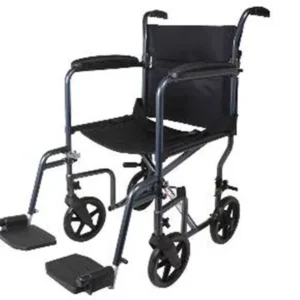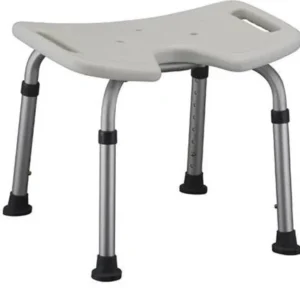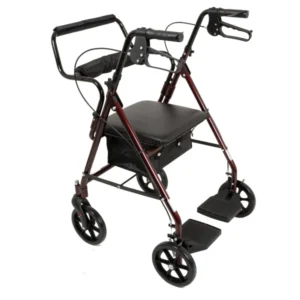Handy Tips to Help Seniors Improve Their Memory

- January 4, 2024
Memory loss is one of the most significant challenges in senior years. Forgetting details, facts, and events can cause frustration and anxiety. Additionally, not remembering doctor’s appointments or taking medication could have serious health consequences.
What can you do to help a senior person improve their memory? This article contains some handy tips on helping a loved older person to remember things easier.
1. Get adequate sleep to boost memory
Getting enough sleep is vital to help prevent memory loss. A study by the American Physiological Society found that sleep benefits the retention of memory. The researchers found that sleep consolidates memory and makes it easier to recall facts in the future. Also, it’s vital that sleep is uninterrupted to enhance long-term memory.
For most seniors, getting between six and nine hours of sleep per night is ideal.
2. Enjoy a healthy diet to protect against memory loss
A diet low in saturated fats and high in polyunsaturated fats is vital to maintain excellent mental health. According to a 2021 study, a Mediterranean diet can help protect against dementia and memory loss. In addition, a diet rich in vegetables, fruit, cereals, fish, and olive oil helps to increase blood flow in the brain. This reduces the risk of stroke and memory loss.
3. Stay active to help prevent forgetfulness
Staying fit and active is another way to improve mental health and reduce the risk of memory loss. The journal Frontiers in Aging Neuroscience reported that one to three hours of aerobic exercise could help to improve cognition, brain health, and cardio fitness. Other studies have found that regular exercise stimulated neural growth and helps repair brain cells.
4. Keep the mind active to help improve memory
Taking part in any activity that keeps the mind active is essential to improve the ability to recall facts and remember things. For example, learning a musical instrument, having a hobby, mastering a new skill, or even doing math in your head are excellent ways to stimulate and exercise the brain.
5. Stay socially active
Staying in touch with family and friends or being part of a social group is vital for better memory. In addition, researchers have found that having a more extensive social network helps protect against cognitive decline. For example, the study using mouse models revealed that the animals who lived in groups had better memory recall than those who lived independently or in pairs.













